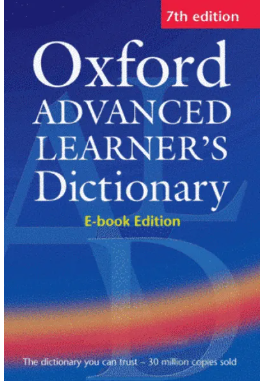
The Oxford English Dictionary will be updated with ten new Welsh words, according to the announcement.
Words that have been used for a “reasonable amount of time” in a range of contexts qualify for inclusion in the dictionary.
The Oxford English Dictionary already includes a few Welsh words, such as ‘cwtch’, that are commonly used throughout the United Kingdom.
The Welsh language is present in “the everyday speech of people in Wales… evident in the many words and phrases that English has borrowed from it,” according to the dictionary.
The Oxford English Dictionary includes the following new Welsh words:
Calennig – In Welsh, “calan” signifies New Year’s Day, or the first day of the month, and when paired with the Welsh diminutive or belonging suffix “ig”, it produces “calennig”, which can refer to either the present or the tradition of children giving New Year’s gifts. “On the morning of New Year’s Day, children go from door-to-door requesting food, money, or other gifts—and unsurprisingly for Wales, the land of song, these requests are traditionally sung,” according to the reference tool. “Children taking part in this custom typically carry an apple or orange pierced with sticks and decorated with sprigs of herbs or foliage, as well as cloves, nuts, or raisins, so that calennig can also sometimes be used to indicate the decorated apple or orange itself.”
Iechyd da is an exclamation used as a toast or greeting before drinking.
Ych a fi: expressing disgust or disdain.
Twp is an adjective that describes someone or something dumb or idiotic.
Senedd is the name of the Welsh parliament.
Cawl is a classic Welsh soup made with lamb, beef, and vegetables.
Sglods is the term used to describe chips of French fries.
Mamgu/Tadcu are Welsh terms for grandmothers or grandfathers in South Wales.
Taid is a name used to describe a grandfather in North Wales. Its feminine counterpart, “nain,” was added to the lexicon in a previous version.
This is referred to as “borrowing” by linguists, when a word or combination of terms from one language is accepted into another.
Over the course of centuries, the English language has borrowed several words from Welsh.
Etymologists, who study the origins of languages, believe words like “crumpet,” “corgi,” and “flannel” may have been adopted from Welsh.

Leave a Reply